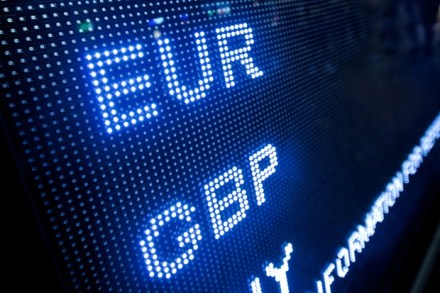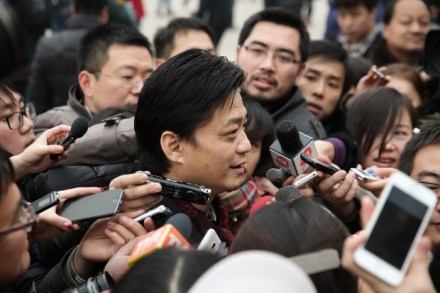Letters | 21 April 2016
Safe keeping? Sir: James Delingpole will be relieved to hear that not everyone follows the fashion for demanding repatriation of historical treasures (‘Give thanks for the tomb raiders’, 9 April). When presenting my ambassadorial letters of credence to the President of Haiti, René Preval, in 2010, I mentioned in passing that a rare (possibly unique) copy of Haiti’s Declaration of Independence had recently been discovered in our National Archives at Kew. At this point Preval’s foreign minister leaned forward and suggested that Her Majesty’s Government might wish to repatriate the document. Preval laughed at the suggestion. ‘No no, ambassador,’ he said with rueful acknowledgement of Haiti’s troubled past and precarious



















